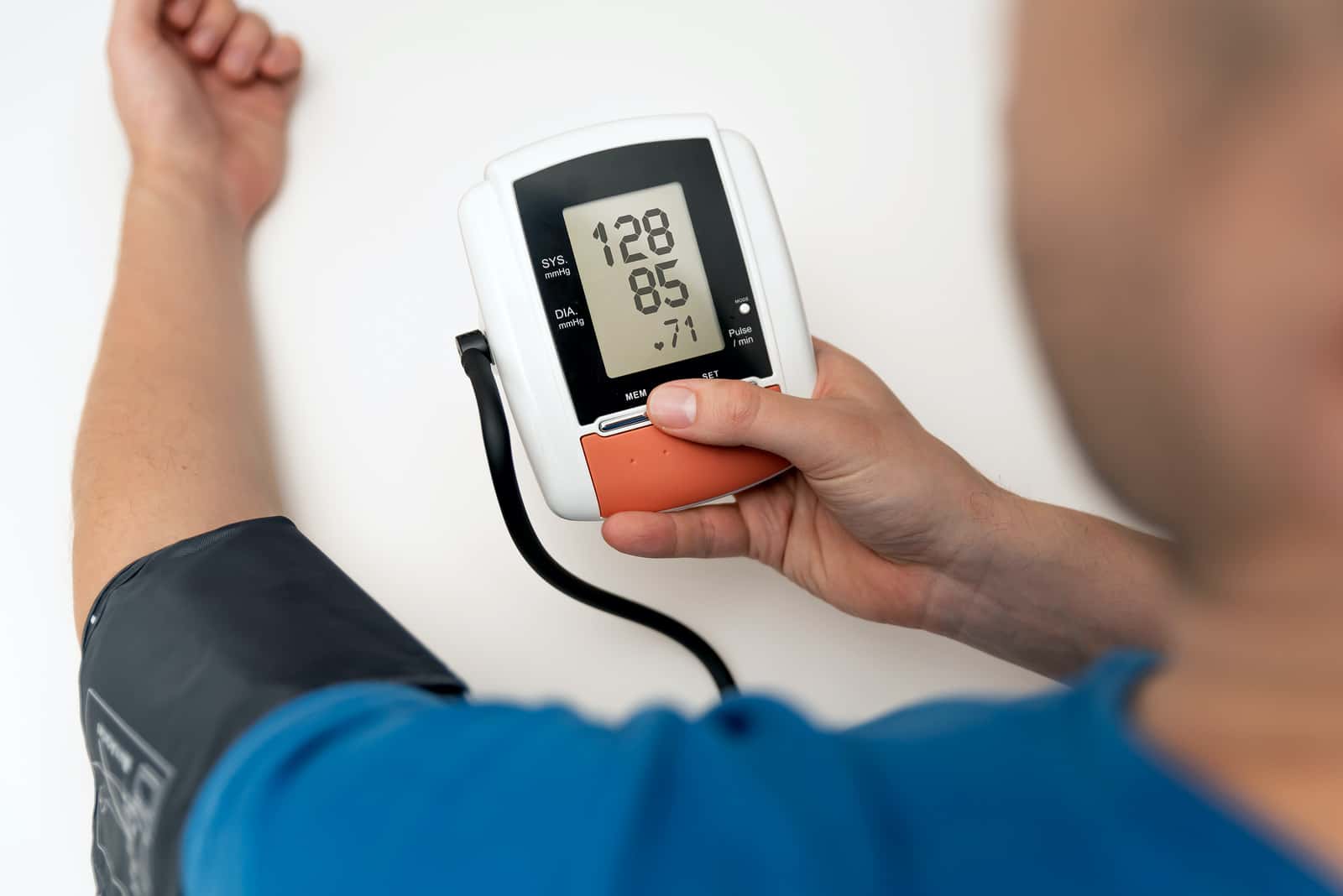
Pandemic stress has had a significant impact on blood pressure (Circulation, Dec. 6, 2021). A new study utilized data from hundreds of thousands of people in a large employee wellness program. Quest Diagnostics required several blood pressure measurements from participants each year. Analysis revealed that their blood pressure increased significantly during the last nine months of 2020.
How Much Did Pandemic Stress Raise Blood Pressure?
The investigators analyzed blood pressure readings from 2018 and 2019 as well as 2020. They found no significant differences from year to year through March 2020. In contrast, blood pressure increased between April and December 2020 by 2.5 mm Hg for systolic blood pressure and 0.5 for diastolic pressure, on average. Women experienced greater increases than men. A few points may not sound like a big change, but with so many people affected, it could have serious consequences.
Experts warn that even small elevations in blood pressure increase the risk for heart attacks, strokes, heart failure and kidney disease. Although the researchers can’t identify the reason for the increase, some possibilities include less exercise, more alcohol consumption, reduced social support and increased sleep disruptions as a result of pandemic stress.
For most people in the US, pandemic stress really hit between March and April of 2020. Moreover, its effects were not evenly distributed. Women bore more of the brunt than men, often juggling child care, remote schooling and working from home.
Learn More:
We discuss both medications and nondrug ways to control blood pressure in our eGuide to Blood Pressure Solutions. We also have podcasts to help manage stress. For example, you might be interested in Show 1271: New Approaches to Managing Depression or in Show 1190: The Best Way to Deal With Anger. Perhaps you could benefit from Show 1268: Learning How to Sleep or Show 1262: How to Manage Your Anxiety.
Citations
- Laffin L et al, "Rise in blood pressure observed among US adults during the COVID-19 pandemic." Circulation, Dec. 6, 2021. DOI: 10.1161/CIRCULATIONAHA.121.057075

